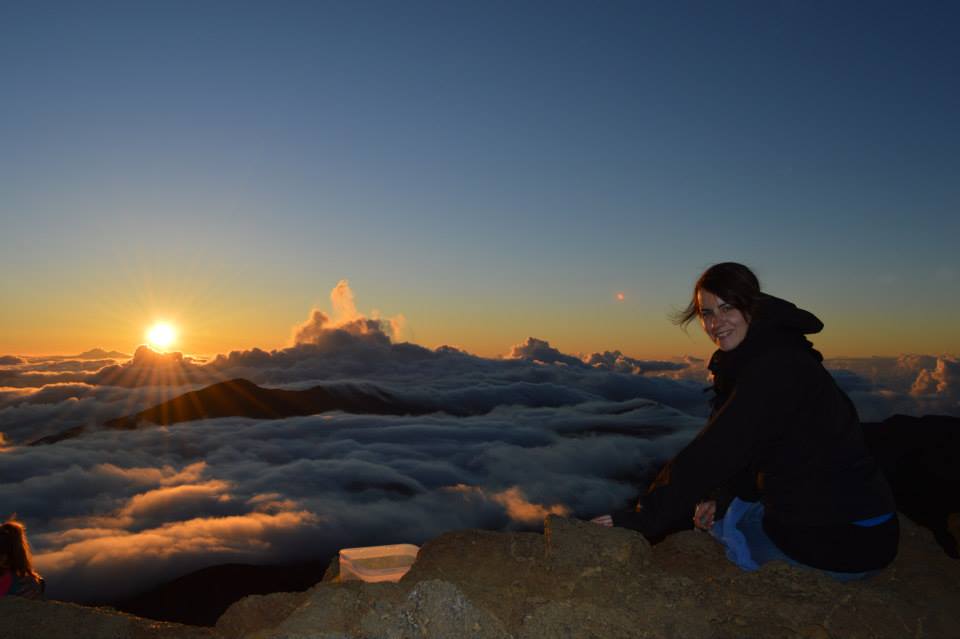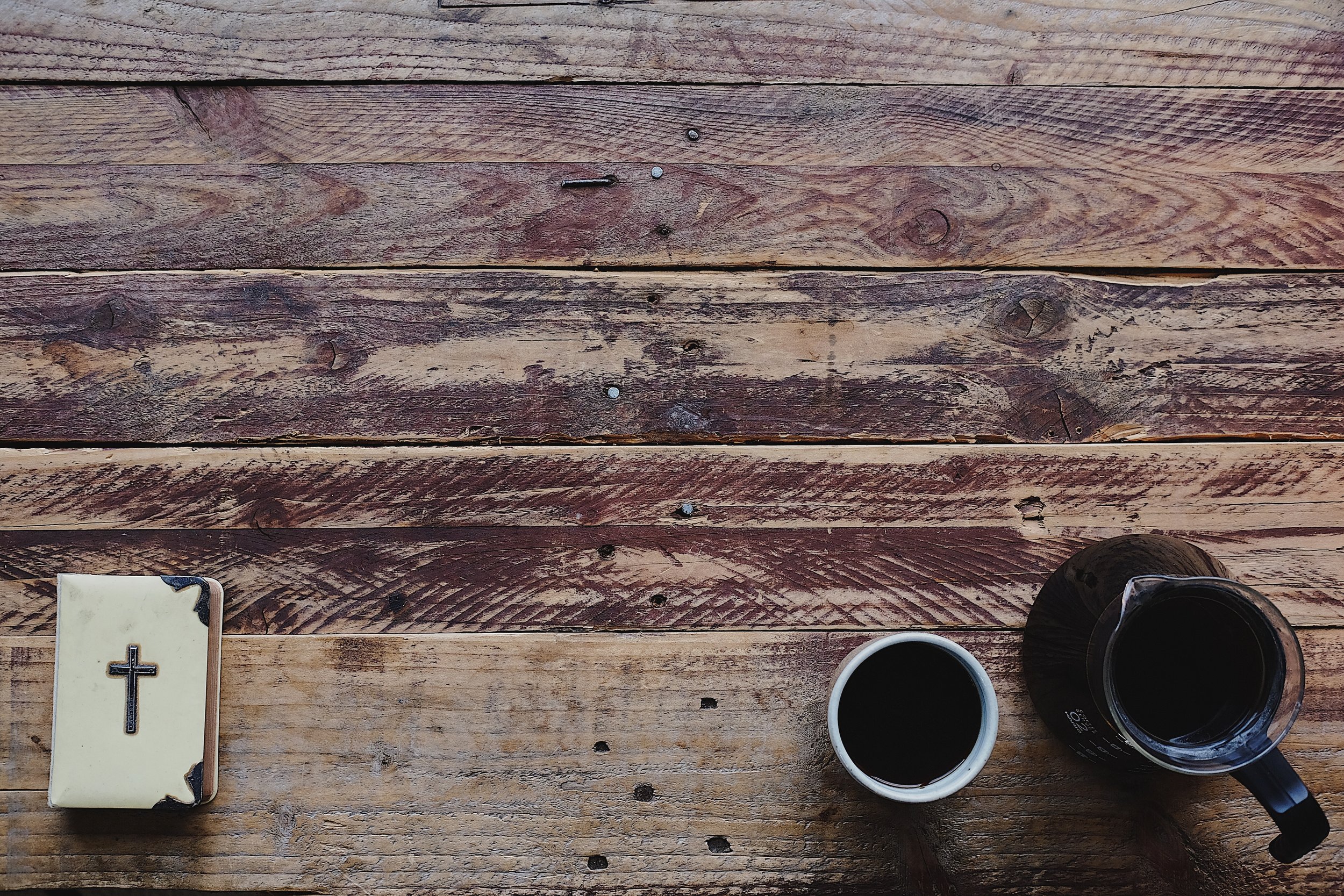Did you know that March is Brain Injury Awareness month?
In acknowledgement of this, I thought I’d share some tidbits of my experience, having acquired myself a brain injury over a year ago.
The symptoms and realities of a brain injury can be very isolating, and very scary, and if I can offer some solidarity with another brain injured person who stumbles across my blog, then it’ll be worth writing this down.
First things first. I used to call my condition “Post Concussion Syndrome” because that’s technically what I have been diagnosed with. I thought at first that I was just being accurate, telling people I had PCS when they asked. Recently, however, I’ve discovered that A) nobody knows what PCS is, so it takes a while to explain, and B) I was avoiding calling it the more simple-to-understand “Brain Injury” because I was afraid of that term. Brain Injury, or Traumatic Brain Injury (TBI), sounds SO much more terrifying than a concussion to me. Concussions happen all the time to people, and they bounce back quickly. TBI’s are associated with horror stories of personality changes, debilitating migraines, etc.
I have now acknowledged that I have a Brain Injury. Technically my PCS is as a result of a TBI. Saying I have a Brain injury is part of facing my fears. I have found enough meaning, purpose, and hope in the last year, that I know even if I don’t fully recover, life will still be worth the hardship.
In light of this revelation, and the theme of this month, here are some thoughts about this past year, in no particular order:
I think I am a wiser, more confident, more purposeful person today because of my TBI.
An insightful woman from my old church tweeted a little while ago:
“Humans will do almost anything to avoid suffering and conflict. Yet, often it is in these challenging places, points of tension, that we get stretched, do our biggest learning, and are transformed.” (Anne Mackie Morelli, Oct 2018)
For me, this seems to ring true.
I’ve learned more clearly what I value through this experience. When my energy was suddenly extremely limited, and my brain could only offer a fraction of what it used to be able to do, I had to make decisions each day on what I’d spend my limited abilities on. This is what I’ve learned:
I value and crave the beauty of nature.
I value the Earth’s well-being.
I care about helping people who are being marginalized by an unjust society.
I care about encouraging others, giving others hope, and inspiring others to find good in the world.
I now spend my limited energy on the realistic goals that align with this, as much as I can.
So I can’t do overnight hikes. But on my little neighbourhood walks, I desperately soak in any beautiful sight God offers me. The setting sun, the dying fall leaves, the hilarious puppy enjoying a park, etc.
So I can’t cycle to work anymore. But can still switch to bar shampoo/conditioner made from earth-friendly products, and start utilizing reusable menstrual products (not glamourous goals, but still helpful!)
So I can’t really attend rallies and marches for social justice. But I what I can do, is choose to uplift Black and Indigenous authors by buying their books and sharing quotes and photos of them online. I can still spread their stories by sharing about them in a blog. I can still listen to what they have to say and allow them to teach me.
So I can’t be a social worker right now, as is my training. But I can text a friend encouragement. I can visit someone in hospital in their time of need, even if I’m too tired to do more in our friendship after that. I still have social media to uplift people on, to spread joy through.
Knowing what I actually value and what I am willing to work for even when it’s hard has given me confidence, purpose, and direction. My decisions are so much clearer now that I know what I value.
Everyone’s experience is unique--so it’s best for me to ease up on the advice, and the opinions.
I wrote about this in an article featured on The Mighty and Yahoo News
Because of my community, my personal history, my weight/age/sex, my social location, and various other factors, I experienced this brain injury in my own unique way. And everyone’s experience of illness, loss, addiction, marginalization, trauma, etc, will be different because of these factors.
As well, brain injuries in particular, play out differently for each person. And I think it’s important to ‘know thyself’ when dealing with a TBI.
For example, some people get migraines for a long time, and frequently. I didn’t get migraines until 10 months after my brain injury. Why? No idea. Prior to that it was cognitive impairments, brain fog, fatigue, and a weird lightheadedness, but rarely headaches. Now I have less cognitive impairment, less brain fog, less lightheadedness, continuing fatigue, but now awful monthly migraines. Others experience severe balance problems from inner ear damage--I was lucky to be spared this. Some have memory problems--again, I was spared this. Some stroke sufferers, like my late grandfather, lose speech, or movement. That’s a really tough reality. So whatever I go through will be my personal story. If someone found a ‘fix-all’ treatment--it may not work for me. And if I find a helpful therapy--it may do nothing to help someone else.
I may lose things, but I also may gain things.
This week I was published on a magazine that I’ve liked for many years, with millions of visitors to their website each month. I threw them an article, with the full expectation that I wouldn’t hear back. But a few weeks later, an email showed up in my inbox informing me that they loved it and published it! Not only that, but the editor had encouraging words about my writing skills. Phew!! It’s a pretty cool moment for me.
It was thanks to this brain injury over a year go that I started to blog and submit articles to local magazines. Once my cognitive functioning began recovering, I was full of thoughts and ideas, and had no way to share them because I was stuck at home resting. So I started putting my them online. I had hoped to add good to the world through it, to somehow inspire justice and hope. But I really had no concrete plans for my writing.
I may have lost my ability to go for long hikes, attend concerts, learn new sports with my husband, go skiing, etc. But I have been published in a magazine that I never thought I’d be published in. So, it’s not all losses. There’s gains. I grieve the loss of some things, but I find hope in the good things that might be around the corner.
I’ve gotta dream.
I’m generally an optimist in my hope for the world. It’s what keeps me fighting forwards to things like social justice. I think my faith has a lot to do with that. I’ve been taught to believe that there is hope in the darkest places--and God has affirmed that through so many experiences.
However, there’s one thing about me that’s not optimistic. I don’t get my hopes up about personal goals, dreams, and ideas. I hate having expectations for something exciting and not having it come to fruition. I tend to try things I’m around 90% sure that I’ll succeed at.
But in this darker time of life--I needed to set goals. I needed to dream. Not always goals to better myself or succeed at something important, but goals and dreams so I could have hope for the future. I need to believe there are good things to come.
What worked for me: a dream board. I took a giant piece of cardboard and wrote dreams and goals on pieces of paper and taped them on it. The dreams and goals sat there as a reminder, not as a pressure. They held things like ‘write articles for ___ magazine’, ‘read some books by female authors and submit them to the leadership library at work’, and ‘have coffee with (person)’. Over time it’s felt great to cross things off. I realized that, even if it took a long time, I’d get through some of these life-giving things.
It’s not just dreaming—it’s hoping. And hope is quite important to not just surviving—but thriving.
It has helped also, to learn from those who have suffered and still impacted the world for the better. At the beginning of last year I was sincerely encouraged by listening to a podcast by Stuff You Should Know about Harriet Tubman. She apparently had a severe head injury that created significant brain troubles throughout her life, yet she still went on to do such great things for humanity! Somehow, she still impacted the world in a significant way. I’ve been pricking up my ears to realize there are many people’s stories in my own community, who have had serious migraines, chronic fatigue, and/or brain injury struggles, that still go on to do good in their world. My hope is fed by these stories.
There is so much more that I could share, but instead, in conclusion, I say this:
Even if I keep struggling with symptoms for many years,
I will try to keep actively finding Hope,
It will be helpful to know myself and who I am uniquely,
Even with barriers, is still possible for me to have purpose, meaning, and to impact the world in a good way.
And If I DO recover more fully, these are extremely good lessons to take away from this time.














